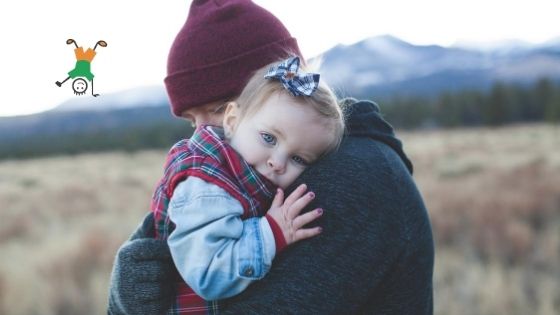We would all like to have polite and obedient children who apologize when they are wrong, wouldn’t we? However, this is not always the case.
Most of the time it is nothing you have done wrong as a parent, apologizing is just something that doesn’t come naturally. It is a skill that needs to be learned and refined over time. Here are the best ways to teach your child this skill so they can apologize like a pro!
Apologize When YOU are Wrong
Remember that little kids are sponges and watch everything. If you say one thing and act in the opposite way, then expect your children to follow your actions and not words. If you want your children to know that they should take responsibility by apologizing when they don’t behave appropriately then you should do the same.
For example, if you make a mistake and your child sees it, make sure you say the magic words “I’m sorry”. Giving examples and leading with your actions will be more effective than merely telling them that they are required to apologize when wrong.
Start Teaching Them When They are Young
It is easier to teach younger children because they are not set in their ways. If a toddler hurts someone, you can show them that they need to hug that person (or at least say that they are sorry).
Again this all starts with your actions and leads later to showing them other ways to apologize for a mistake later. Especially when children are younger, it is important to remain calm when they make a mistake as well. By remaining calm, you are showing your child that even though their action was wrong, it’s ok to make a mistake as long as you apologize and try to do better the next time!
Give Them a Chance for a “Redo”
Let’s say you have told your child the importance of apologizing and you have shown them how to do it, what should you do next? Sit down with them and go through a situation where they misbehaved and give them a chance for a re-do. Ask the child what they would do differently if they were to go back to that situation but with the knowledge they currently have.
For example, you may ask a child, “If you were given a second chance, what would you do differently if Mary had taken your toy?” Do not push for an answer at this point. Let them think about how they behaved and the correct way they should have handled the situation. After that, you can engage in role-playing with him and pretend you are the person they offended. This will help you see whether they have learned how to apologize and correct them where necessary. Your child will handle the next situation better.
If your child needs to apologize to someone, you may allow them to have some time. Apologizing immediately when they are still learning to do it may bring out insincere apologies. When they take time to reflect on their actions, they will be sincerely sorry for what they did. Apologizing is not just about making them apologize, but trying to make sure they make a better decision the next time they get presented with the opportunity to do so.
This training will not guarantee that they will not fall back to their old ways once in a while. Even though children know they need to apologize, they may not do it at times. With time, your consistency with the training will help to instill the custom of apologizing.



